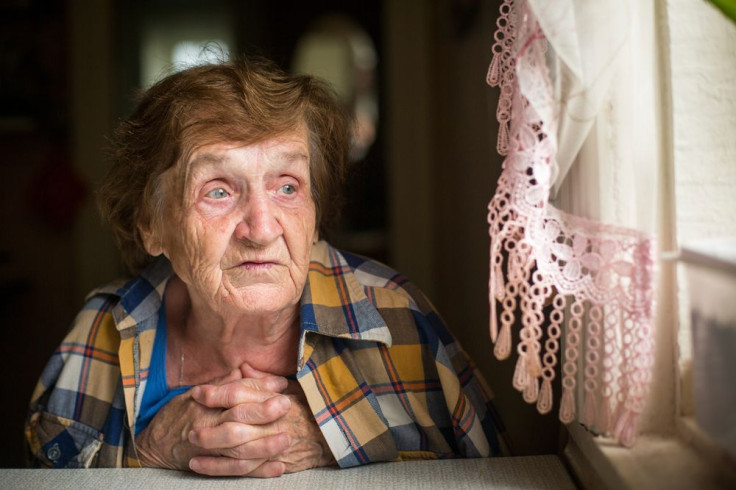Depression, Anxiety Is Common In Women Following A Heart Attack, And It Might Kill Them

Women are more vulnerable than men to bouts of anxiety and depression following myocardial infarction (MI), more commonly known as heart attacks. Those are the findings of a new study presented at Acute Cardiovascular Care 2014, the third annual congress of the Acute Cardiovascular Care Association of the European Society of Cardiology'.
"The World Health Organization predicts that by 2020, depression will be the second leading cause of disability and mortality in the world, surpassed only by ischaemic heart disease," said Professor Pranas Serpytis, researcher of the study, in a statement. "Major depression follows MI in approximately 18 percent of cases, and is an important predictor of disability and poor quality of life in the year post-MI.”
He also said that patients with depression were six times more likely to die within six months after a heart attack than those without depression. That risk lasts for up to 18 months after the heart attack, "but despite the fact that post-MI depression is common and burdensome, the condition remains under-recognized and undertreated."
The study was aimed at understanding the role that gender and cardiovascular risk factors play in developing depression and anxiety after a heart attack. It included 160 patients who had been admitted after a heart attack to a Lithuanian hospital. Patients were interviewed a month after their heart attacks, and were asked about their sex, marital status, education, and other conditions that could be associated with heart attacks, such as diabetes, hypertension, a history of heart attacks, and unhealthy habits — smoking and a lack of exercise. They were also assessed for depression and anxiety using the Hospital Anxiety and Depression Scale (HADS).
The researchers found that almost 25 percent of patients were depressed following a heart attack, with 28.2 percent of them having received treatment with antidepressants. When it came to HADS scores though, more women fell into the depression and anxiety categories than men. "We found that women were more likely to develop anxiety and depression after a heart attack than men. More research is needed to discover the possible reasons for this," Serpytis said.
Another interesting finding was the connection between anxiety and smoking. On average, smokers were rated much higher on the depression scale than their nonsmoking counterparts. A lack of physical activity also contributed to depression, with 64 percent of depressed patients admitting that they don't regularly exercise. Serpytis said in the statement that the study "suggests that encouraging patients to quit smoking and increase their physical activity levels should reduce their risks of anxiety and depression after MI." Nevertheless, more research will need to be completed.
Source: Serpytis P, et al. At Acute Cardiovascular Care 2014. 2014.



























